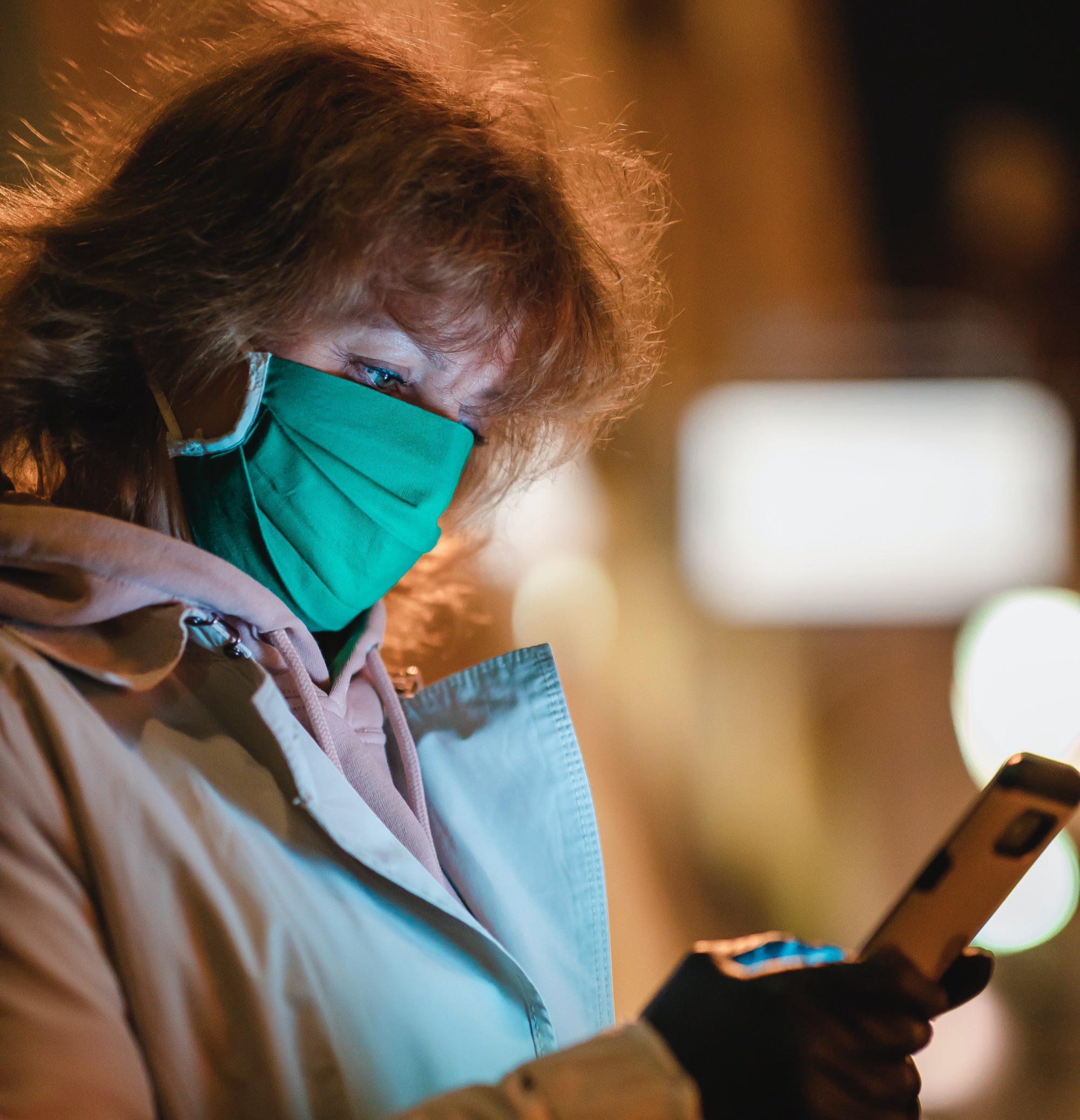
A National Strategy to Counter COVID-19 Misinformation
Summary
The United States accounts for over 20% of global deaths related to COVID-19 despite only having 4% of the world’s population. This unacceptable reality is in part due to the tsunami of misinformation surrounding COVID-19 that has flooded our nation. Misinformation not only decreases current compliance with best practices for containing and mitigating the spread of COVID-19, but will also feed directly into resistance against future administration of a vaccine or additional public-health measures.
The next administration should establish an office at the Department of Health and Human Services dedicated to combating COVID-19 misinformation. This office should lead a coordinated effort that:
- Ensures that evidence-based findings are at the core of COVID-19 response strategies.
- Utilizes data science and behavioral analytics to detect and counter COVID-19 misinformation.
- Works with social-media companies to remove misinformation from online platforms.
- Partners with online influencers to promote credible information about COVID-19.
- Encourages two-way conversations between public-health officials and the general public.
- Ensures that public-health communications are supported by on-the-ground action.
The last remaining agreement limiting U.S. and Russian nuclear weapons has now expired. For the first time since 1972, there is no treaty-bound cap on strategic nuclear weapons.
The Pentagon’s new report provides additional context and useful perspectives on events in China that took place over the past year.
Successful NC3 modernization must do more than update hardware and software: it must integrate emerging technologies in ways that enhance resilience, ensure meaningful human control, and preserve strategic stability.
The FY2026 National Defense Authorization Act (NDAA) paints a picture of a Congress that is working to both protect and accelerate nuclear modernization programs while simultaneously lacking trust in the Pentagon and the Department of Energy to execute them.